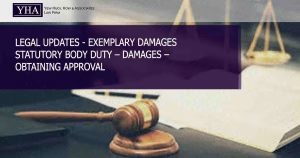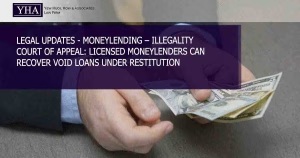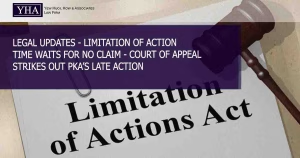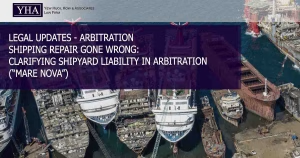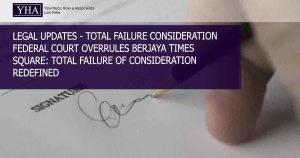
TOTAL FAILURE CONSIDERATION – FEDERAL COURT OVERRULES BERJAYA TIMES SQUARE: TOTAL FAILURE OF CONSIDERATION REDEFINED
In Lim Swee Choo & Anor v Ong Koh Hou @ Won Kok Fong [2025] 6 MLJ 327, the Federal Court unanimously overruled Berjaya Times Square Sdn Bhd v M Concept Sdn Bhd and clarified that the doctrine of total failure of consideration applies only to restitutionary relief, not to contractual termination. The Court held that the correct test is whether the promisor has performed any part of the contractual duties in respect of which payment is due, adopting Stocznia Gdanska SA v Latvian Shipping Co [1998] 1 WLR 574. Finding that the appellants had partly performed their obligations and the respondent had derived benefits, the Court rejected the respondent’s claim for restitution and restored the appellants’ contractual claim. The landmark decision restores clarity between contract and restitution, reinforcing commercial certainty in Malaysian law.

